Blogs

There has been a great deal of research on cancer and alcohol consumption that has uncovered the complex and intricate association between the two.Alcohol contributes to carcinogenesis through various direct and indirect mechanisms, but basically, most develop through exposure to the main ingredient in alcoholic beverages, ethanol, which can be converted into the known carcinogen acetaldehyde, which can damage DNA and obstruct the biological and developmental functions of the cell cycle.
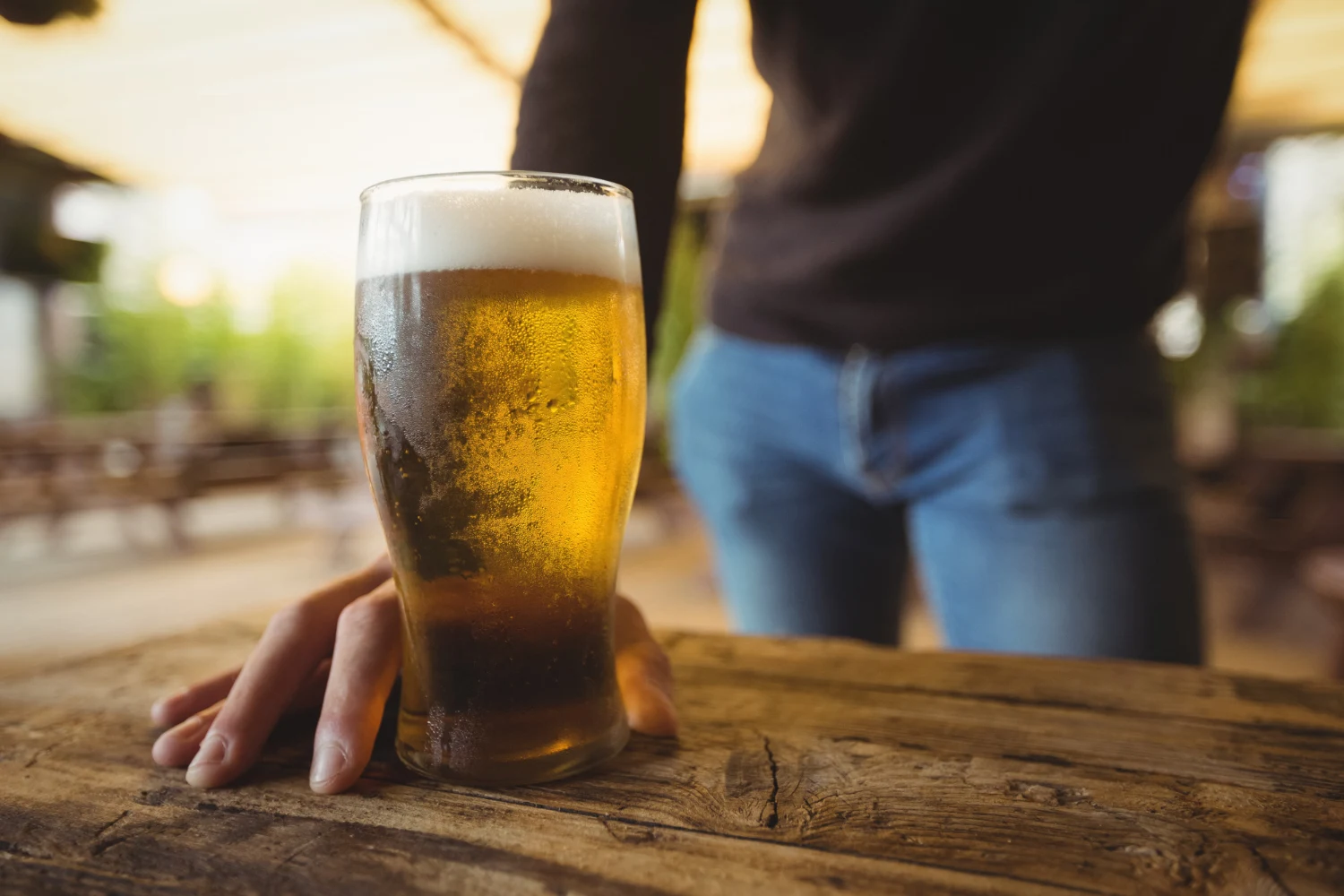
An alcoholic is someone who has an alcohol use disorder (AUD), a chronic disease marked by an inability to regulate or stop drinking despite the adverse effects on one's health, relationships, and obligations.

Most people have experienced or know someone who can´t remember what happened during a party where they consumed a considerable amount of alcohol. These episodes of a temporary loss of memory are called alcohol-induced blackouts and are extremely common nowadays.
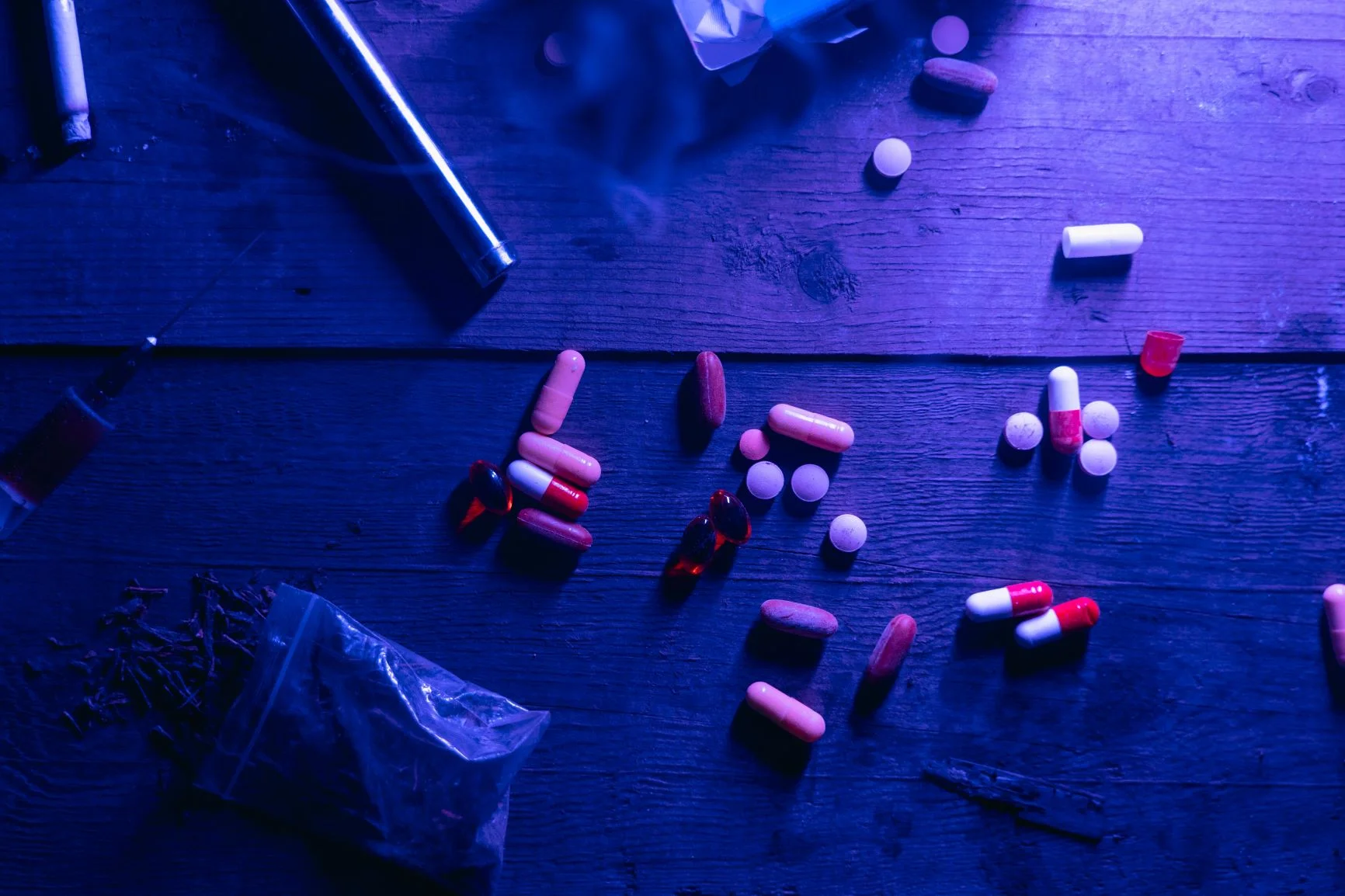
Amid the night, alluring offers emerge. Club drugs are frequently advertised as a means to an end—a night of magic, pleasure, and euphoria—in nightclubs. Nevertheless, substantial risks accompany the promised magic.

Addiction films are compelling explorations of the human condition, going into detail about substance abuse and its devastating influence on individuals and relationships. These films explore the brutal reality of addiction with captivating plots and rich characters, highlighting the struggles, temptations, and repercussions encountered by those trapped in the cycle.
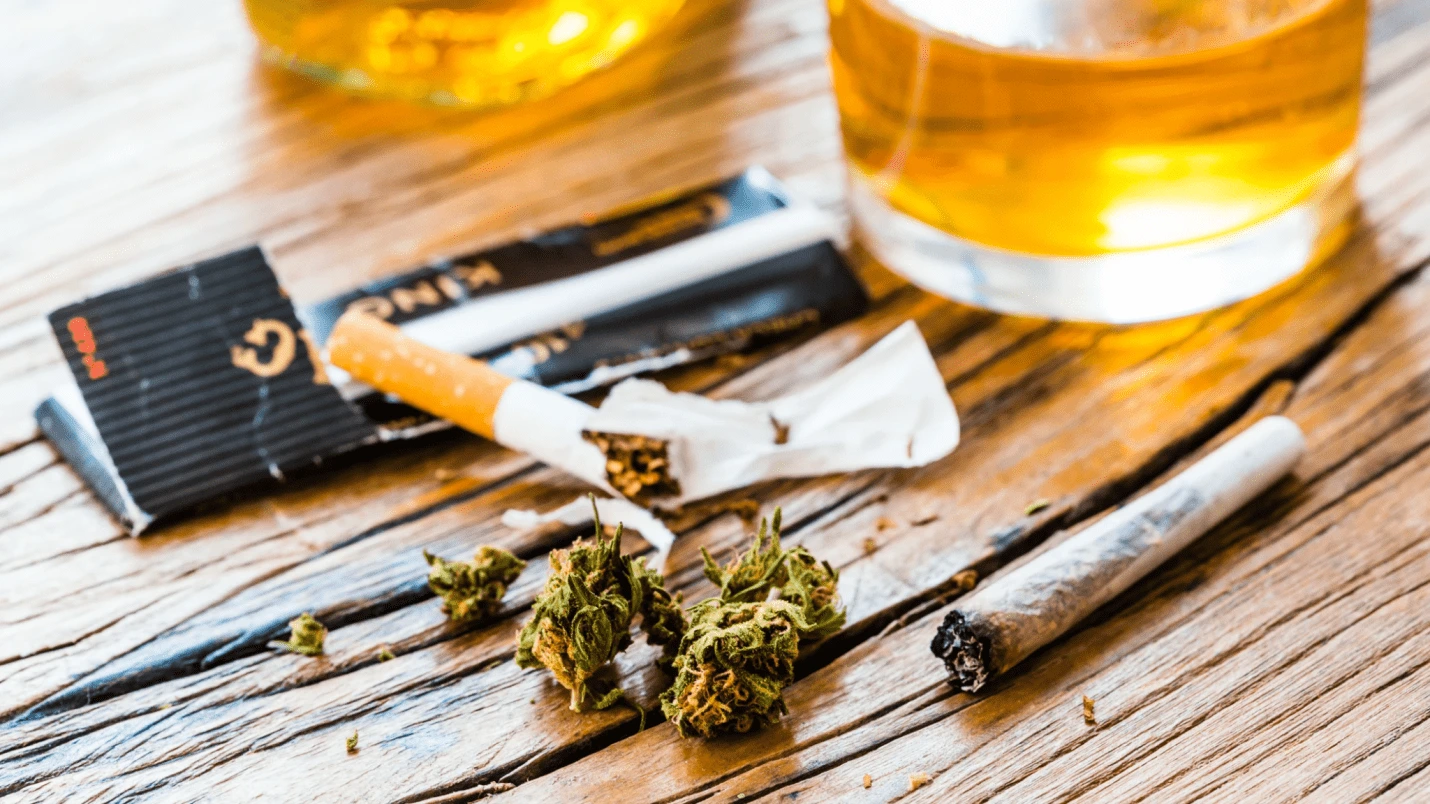
Marijuana and alcohol consumption refers to the use of both substances, either simultaneously or within proximity in time. This combined use, called “crossfading,” amplifies the effects of each substance, leading to heightened intoxication, increased health risks, and greater potential for substance-related harm.

Teen alcohol abuse continues to be a major health and public health issue in the US, affecting young people's development and health. Some studies have reported that one-third of high school students drink.

Are you wondering if quitting alcohol cold turkey is dangerous? Learn about the risks, the timeline, and get essential tips for quitting alcohol cold turkey safely.After reading this article, you’ll have all of the insightful information that will allow you to create a solid plan to tackle this head-on as safely as possible.

Drug treatment admission is of paramount importance, a decision that marks the beginning of a great moment when you are ready for transformation and healing. Now that you are facing this new adventure, it is relatively common to have a plethora of emotions, from hope to fear and then to confidence.

Outpatient detoxification, frequently called outpatient detox, is a medical technique specifically designed to help people who would like to abide by a good withdrawal process from drugs or alcohol in their homes with continuous daily life activities.

There are many silent signals that later become obvious depending on the degree of alcohol intoxication, so recognizing them should not be difficult.Appearance and movement patterns are key in determining whether a person has been drinking, as well as their odor and tone of voice.
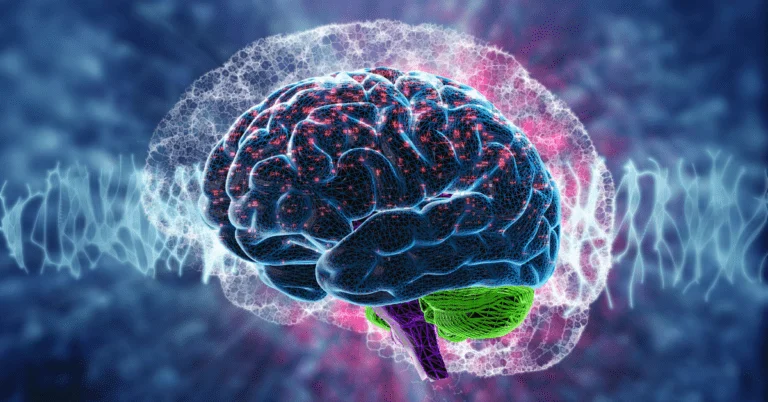
As amazing as it may seem, the human brain is the conductor of our mental, emotional, and behavioral symphonies. It controls our whole being via its complex network of neurons and chemicals. Medications, however, can throw this equilibrium off because of their far-reaching impacts on brain chemistry and function.
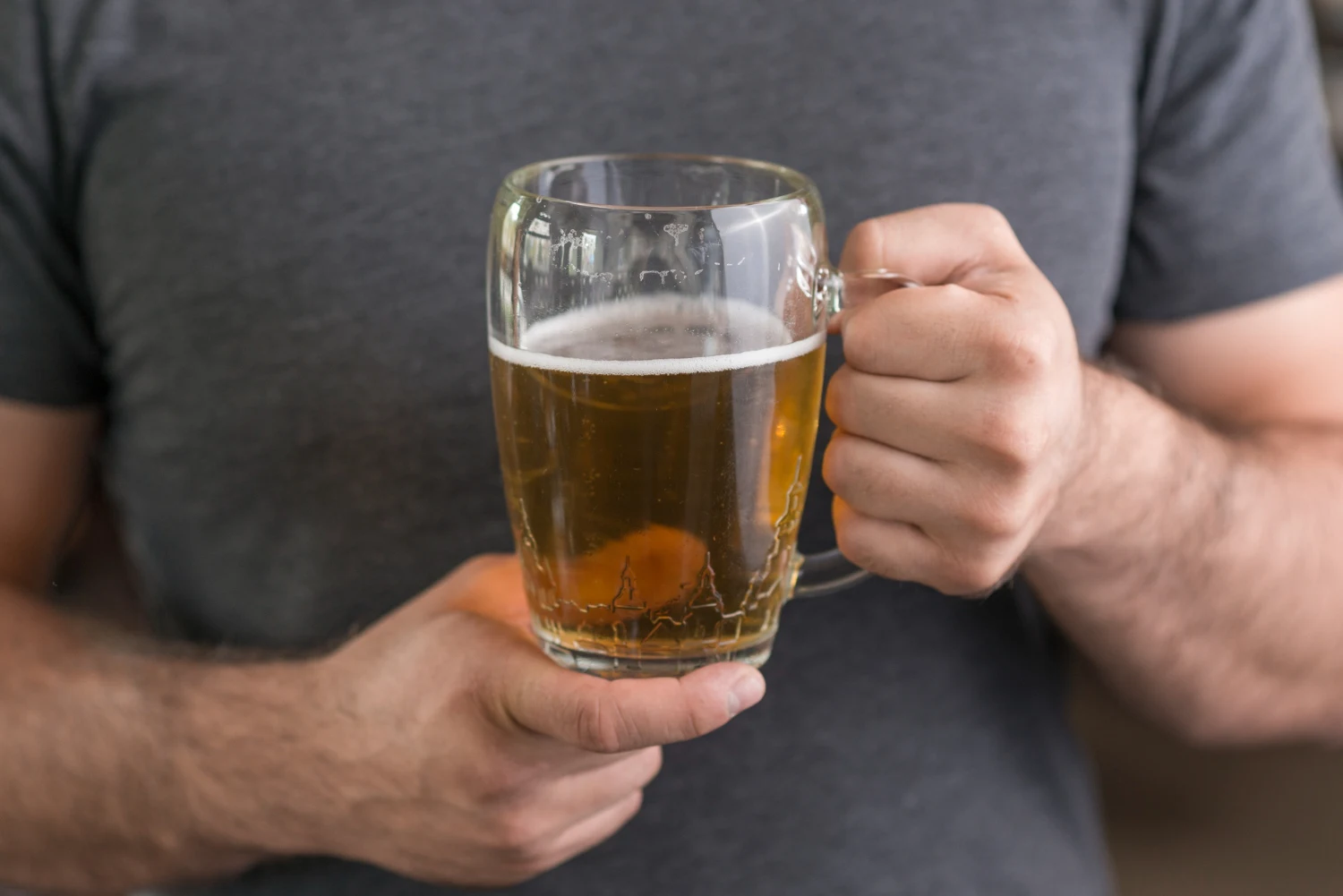
Congratulations! You have come a long way since you decided to quit alcohol. You have enrolled at your local Alcoholics Anonymous (AA), got an alcohol detox, and managed to survive alcohol withdrawal.

Getting the right level of care is very important when getting treatment for recovery from addiction. In this sense, Partial Hospitalization Programs (PHPs) are very useful for individuals who are being discharged from inpatient hospitalization and those who have a serious addiction.

Those undergoing faith-based treatment could begin their road of recovery by adhering to the AA promises. These promises give people struggling with addiction hope and a sense of transformation.The Twelve Steps approach outlines great emotional, spiritual, and pragmatic achievements that people can reach through consistent sobriety.

Social workers can illustrate a society marked by injustice and pain by championing justice and empowering the vulnerable. If you are determined to improve people's lives and the surroundings in which they live, social work might be the path you are looking to have as a profession that would satisfy you.

Alcohol damage refers to the harm that excessive alcohol use causes to different bodily systems and organs. It is well-known that alcohol consumption leads to liver damage, which manifests in various ways, such as fatty liver disease, alcoholic hepatitis, cirrhosis, and more serious illnesses.

Borderline Personality Disorder (BPD) is when someone has intense feelings and acts on them fast. The feeling are even stronger when they also drink alcohol, and harder to handle. Therefore it’s important to be informed to be able to act upon it most efficiently.
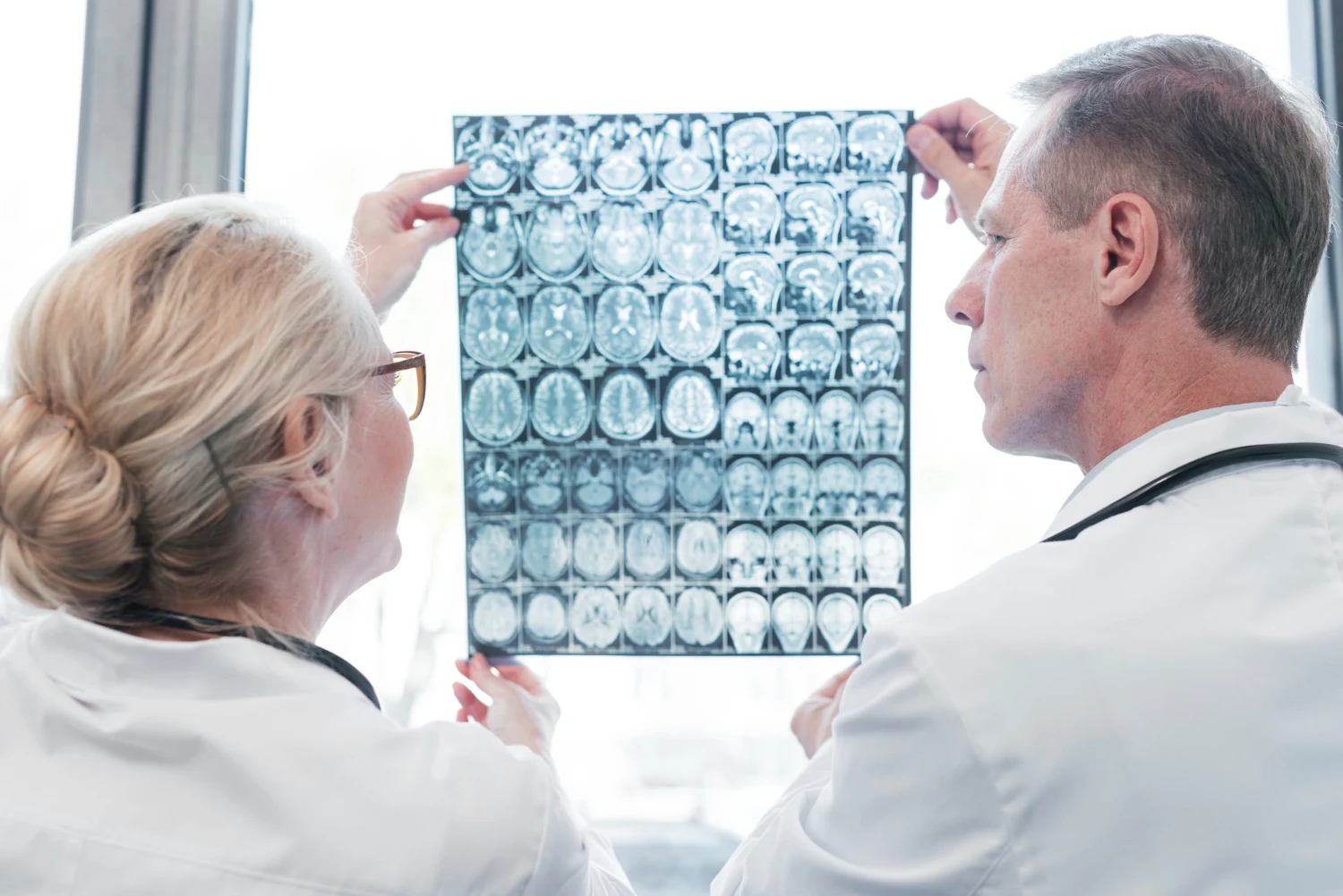
Have you ever wondered how drinking too much can affect your brain and lead to dementia? This article covers everything from understanding the link between alcohol and dementia to how alcoholic dementia differs from other forms of the condition.
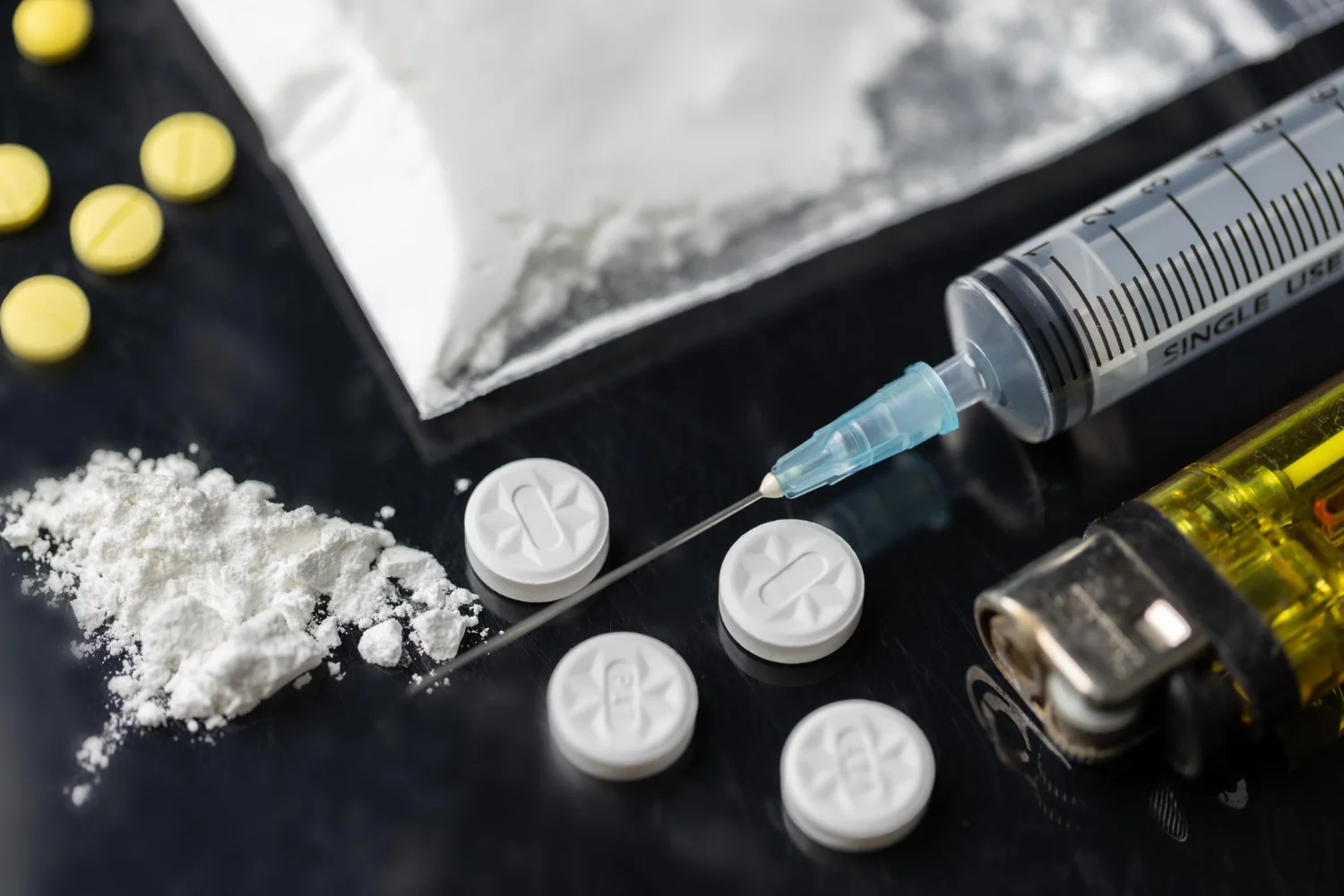
The purpose of drug detox programs is to protect individuals from physical complications and sudden death by managing the process of withdrawal from harmful drug use effectively and safely. These options differ in how they function in detoxification under professional supervision, outpatient programs, and the holistic practice of medicine.
